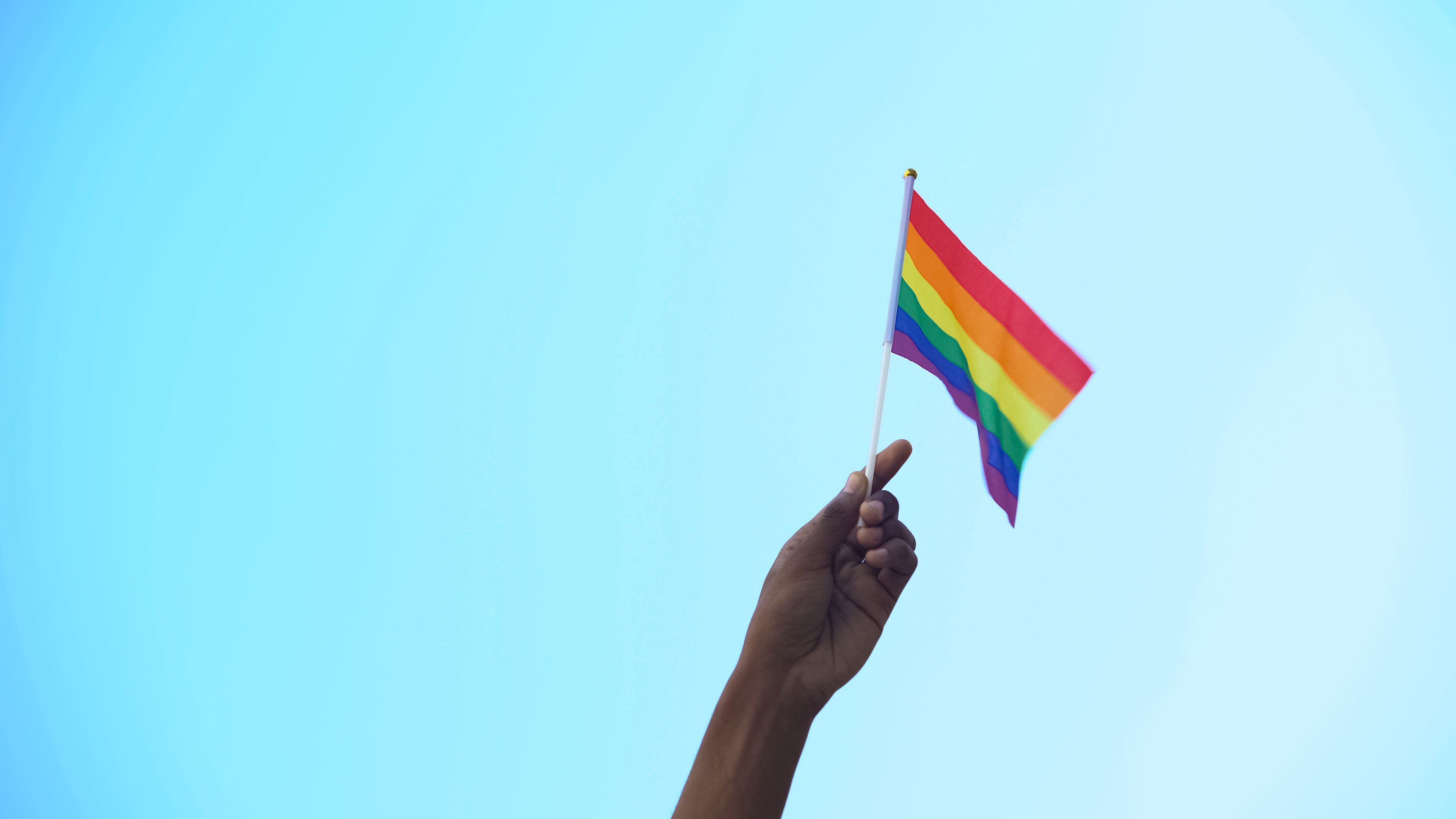
Some leaders are hoping for change but believe the shift won’t happen anytime soon

Organisations in the west are becoming more vocal about building more inclusive workplaces and advancing gay rights – is Asia finally keeping up?
Asian businesses remain largely “disengaged” and less willing to confront what may be deemed controversial issues in their society, analysis from The Economist Intelligence Unit (EIU) revealed.
Two in five Asian executives surveyed by EIU say being openly gay in the workplace would be a “hindrance to one’s career prospects”. In contrast, only 11% believe such openness is an advantage.
Read more: Why LGBTQ+ employees still fear coming out
“This disengagement affects relationships between staff, creating a stark line between the social and the professional in many contexts,” analysts reported in the white paper ‘Pride and prejudice’.
“The idea that workplaces should be venues for personal development or ‘safe spaces’ where staff can express themselves is largely alien to many Asian companies.”
Ambivalence in Asia
Some leaders are hoping for change but believe the shift won’t happen anytime soon. Only 43% see reform taking shape in three years – such as workplaces becoming more inclusive and open to staff who want to disclose their gender identity or sexual orientation.
Organisations in Asia are “at a crossroads,” EIU said.
Despite hope for reform, the majority of Asian executives (57%) predict today’s social conditions will remain unchanged or even worsen for LGBTQ+ employees.
“This ambivalence is reflected by the 60% of respondents who want their firm’s level of investment in LGBT diversity and inclusion to stay the same or be scaled back,” EIU analysts said.
In countries that espouse strong anti-LGBTQ+ legislation, there is an even greater impetus to protect employees who wish to embrace their identity more openly, two in three respondents said.
Read more: Is HR doing enough for LGBT employees?
‘Leadership vacuum’
Corporate leadership in the region is also marked by the absence of prominent LGBTQ+ voices.
“Unfortunately, the leadership vacuum in Asian companies is a glaring factor impeding broader LGBT advancement,” the analysts said.
Where does this leave Asia? China and India, which are expected to wield strong geopolitical influence in the years to come, both demonstrated significant progress in advancing gay rights in the corporate sphere, EIU data suggest.
Read more: Why Singapore workplaces need to be gay friendly
Executives from China (62%) and India (60%) are most likely to say they have witnessed open discussions about how to make their organisations more friendly to the LGBTQ+ community.
Those in India, for example, are more likely to declare individual support for openly gay employees.
“These buoyant attitudes could be due to the fact that Chinese and Indian respondents are more likely than those elsewhere to say their firm reflects the values of its staff in areas of broad social concern, including LGBT rights,” the analysts said.